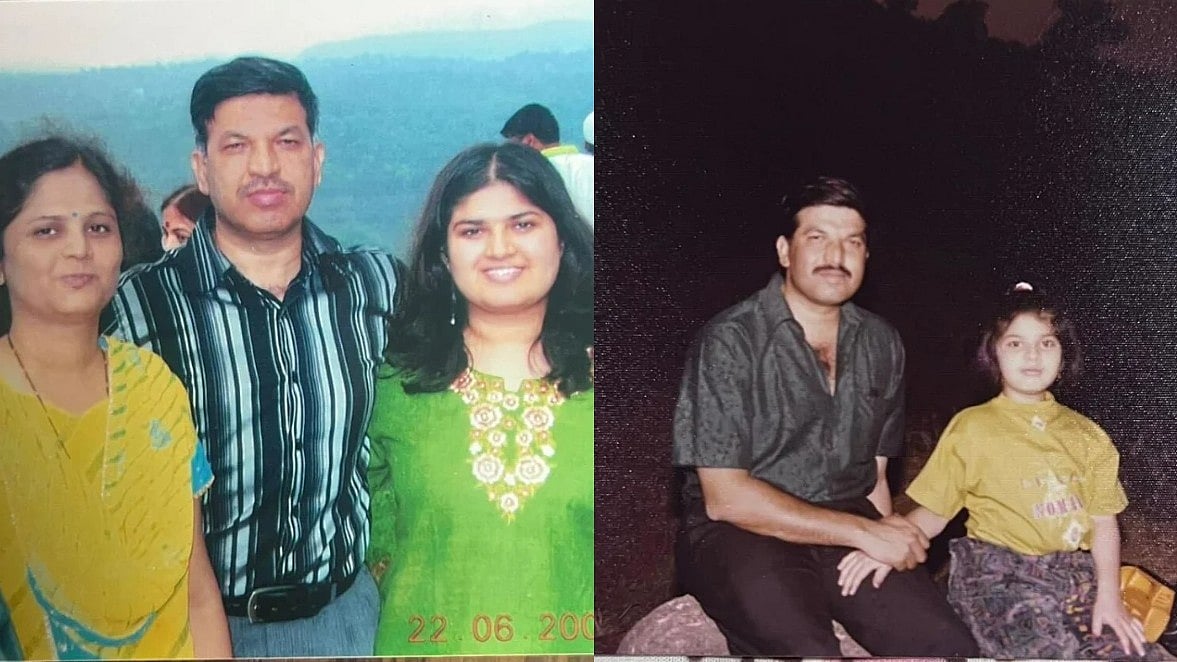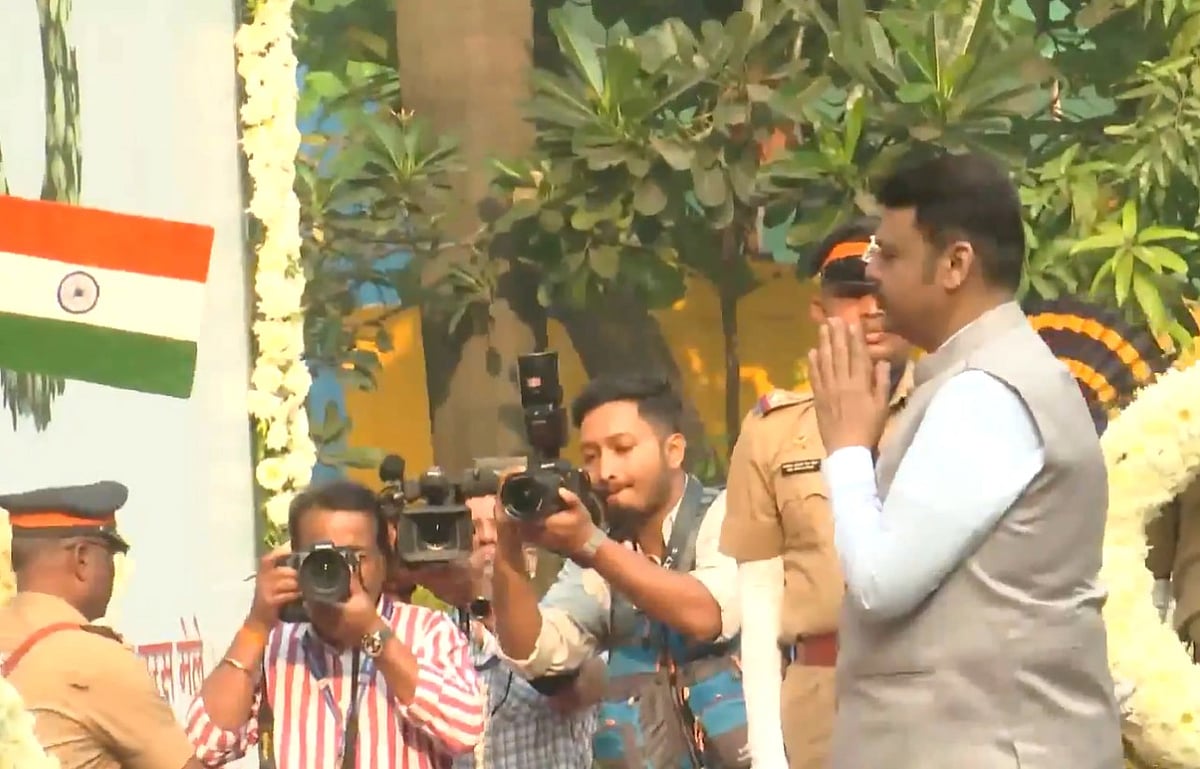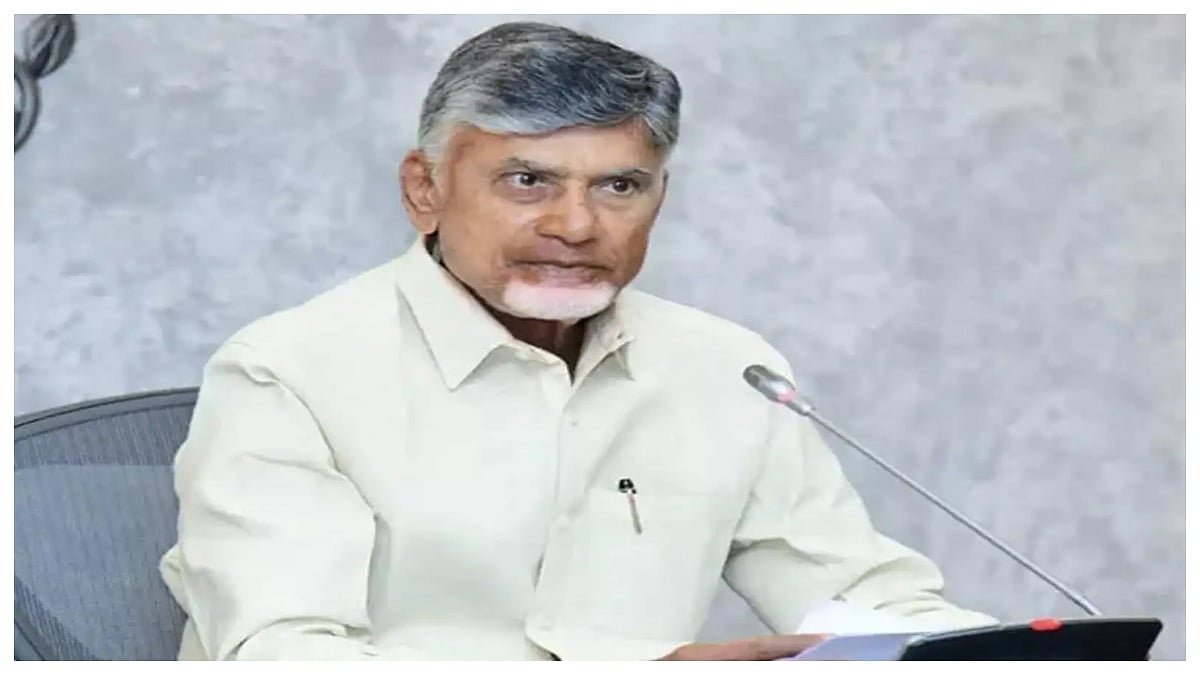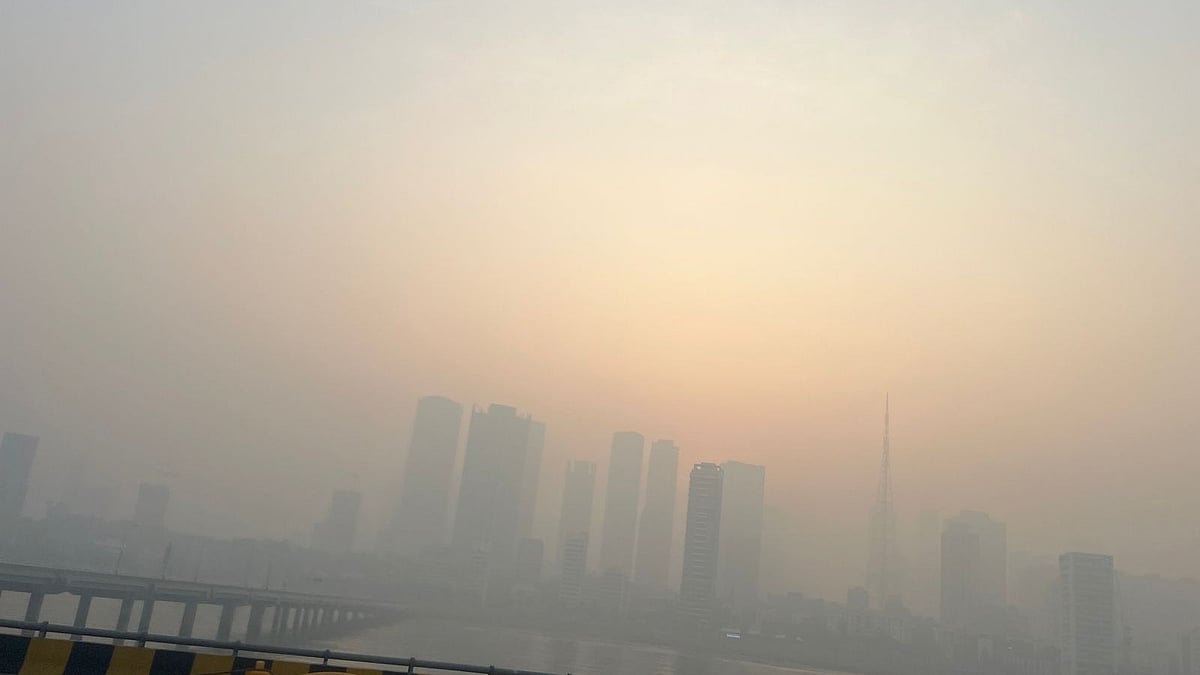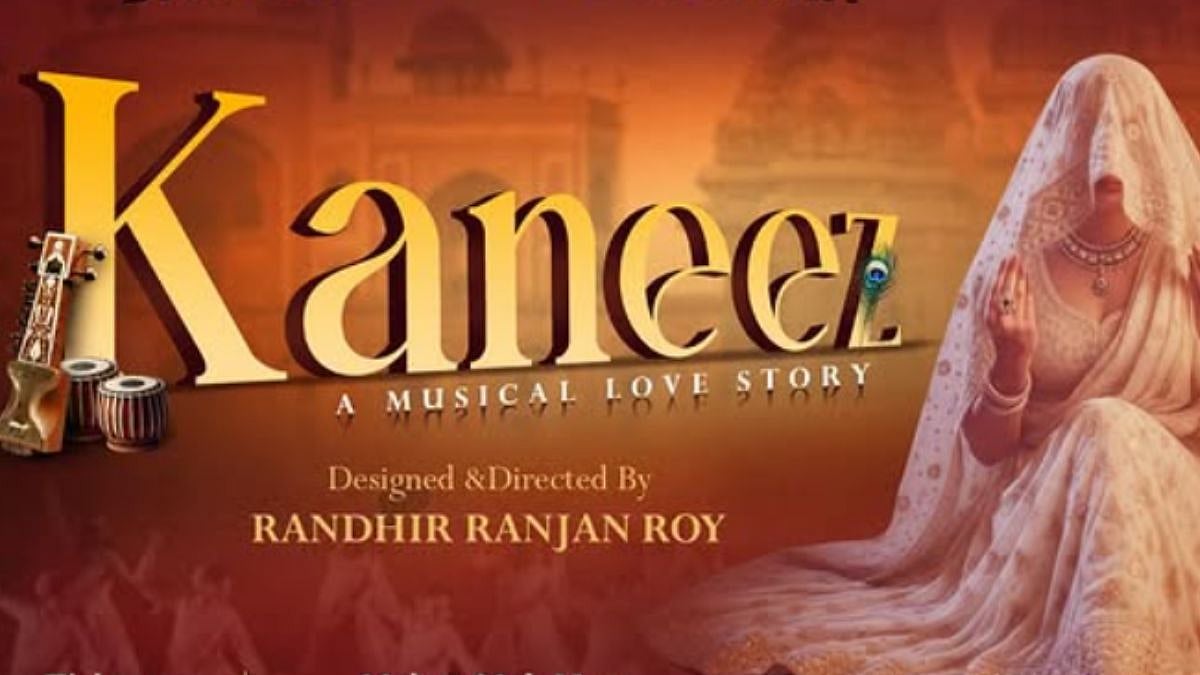Seventeen years after the 26 November terror attack, Mumbai continues to carry the memory of the men who ran into danger when the city froze in fear. Among them was Senior Police Inspector and encounter specialist Vijay Salaskar, whose courage became a part of Mumbai’s collective identity.
His daughter, Divya Salaskar, was just 20 when she lost her father that night. In this deeply personal conversation, Divya revisits the moment her world changed, the memories she holds close, and how closure still comes in slow, uneven steps.
Q: When you think back to that night, where were you when you first heard the news, and what do you remember of those first moments?
Divya: Honestly, I didn’t even know when he left the house. He had come home early that day, and believe me, for him, 10 pm was early. I still remember saying, “Arey, you’re home early!” And he told me, “I came to give you a surprise.”
But I told him that a surprise wouldn’t do, he had to take me out for a drive. He agreed, said he’d have dinner and we’d go. I waited in my room, thinking he would call me any moment.
When I finally stepped out and asked my mum where he was, she said he had rushed out because there was some gang war. But dad didn’t think it was a gang war; he knew immediately it was a terrorist attack. My mum still says the way he put on his uniform was almost superhuman. And he just dashed out of the house.
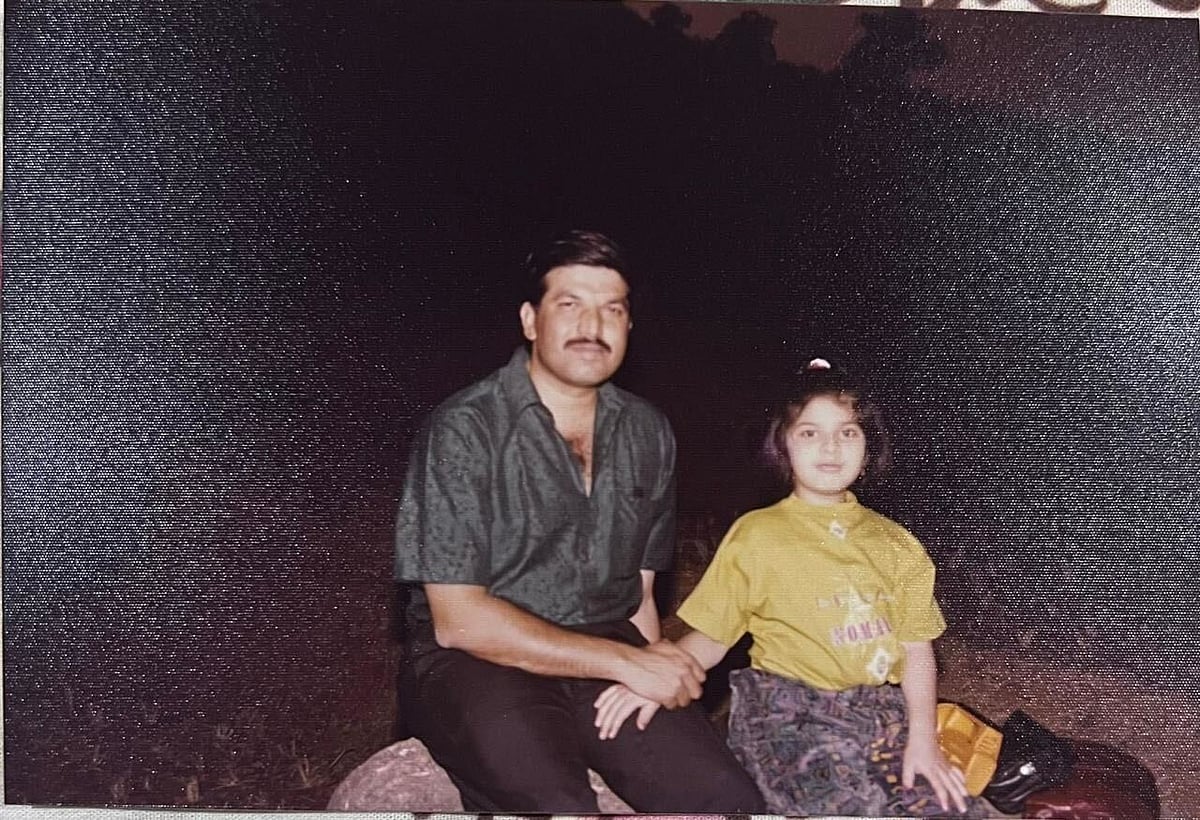
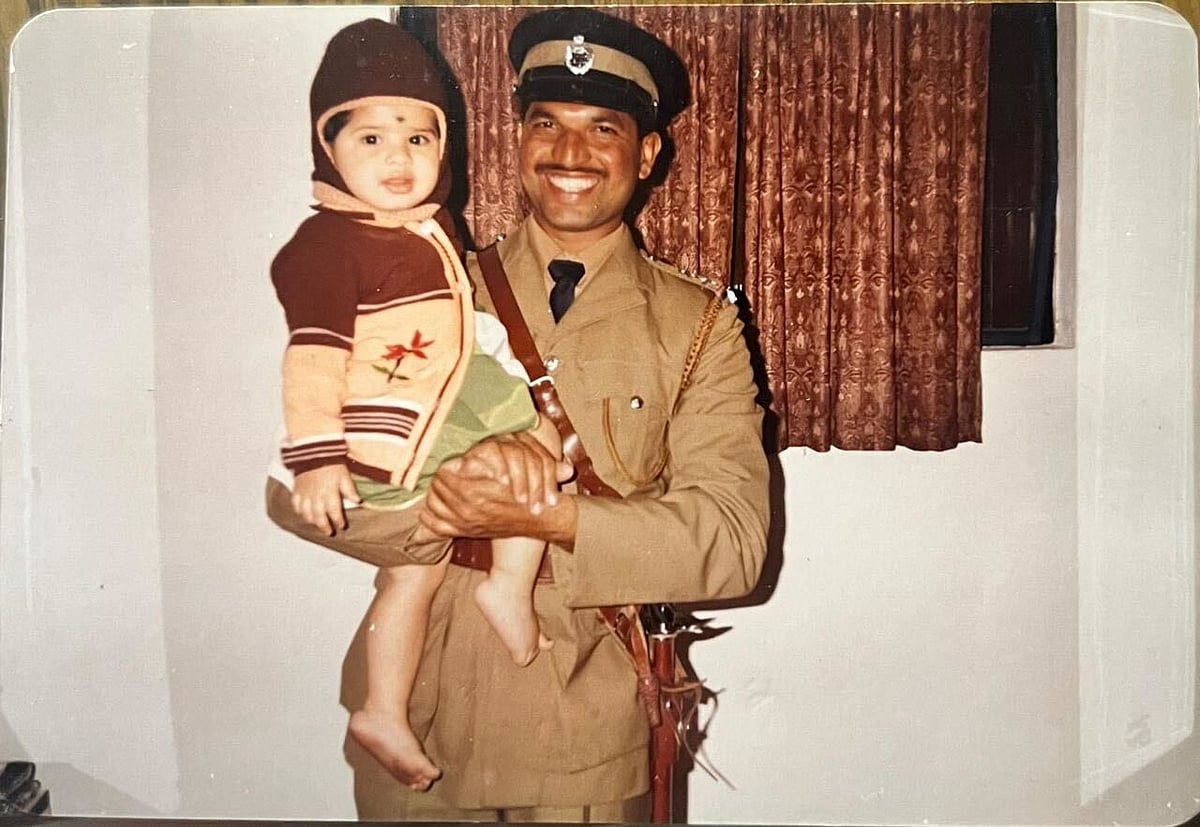
His staff had already retired for the day because he’d come home early. So he called one officer, asking him to meet on the highway, because “we are going to require all arms and ammunition tonight.”
We kept watching TV for updates, but by 11.45 we switched it off — they kept repeating the same visuals of Hemant Karkare sir. My mum even said, “Tomorrow morning, when Vijay comes home, we’ll know the real picture.”
Even in that chaos, when she called him at 11.55 pm, he picked up. He whispered, “I’m at the spot.” For us, that was normal — he was always at “the spot.” We thought nothing of it.
But the incident happened at 12.05.
By about 12.45, the landline and mobiles started ringing. People outside had already seen the news. My aunt came upstairs and asked us to switch on the TV because they were saying he was injured.
We never saw the “injured” flash.
We saw the breaking headline: “ATS Chief Hemant Karkare dies in the attack. Encounter Specialist Vijay Salaskar killed.”
No one from the department told us.
We found out on television.
I still get goosebumps thinking about that moment. I kept dialling his number. It was switched off again and again. You don’t expect your father to not come home. He always came home.
My mum has no memory of the first four days — nothing. She remembers only one moment: when they brought him home and people were shouting, “Vijay Salaskar amar rahe!” After that, everything is blank for her.
Q: Growing up, were you ever afraid of the risks he took? Or did they shape how you see fear today?
Divya: As a child, I was never afraid. He always came home, which makes you believe nothing will ever happen. When I started reading newspapers in school, his name used to appear and he would tell me, “Don’t believe everything. They like to put my name.” And I believed that for eight months!
Later, in college, I understood the risks. But he never took unnecessary risks, not for himself, not for his team.
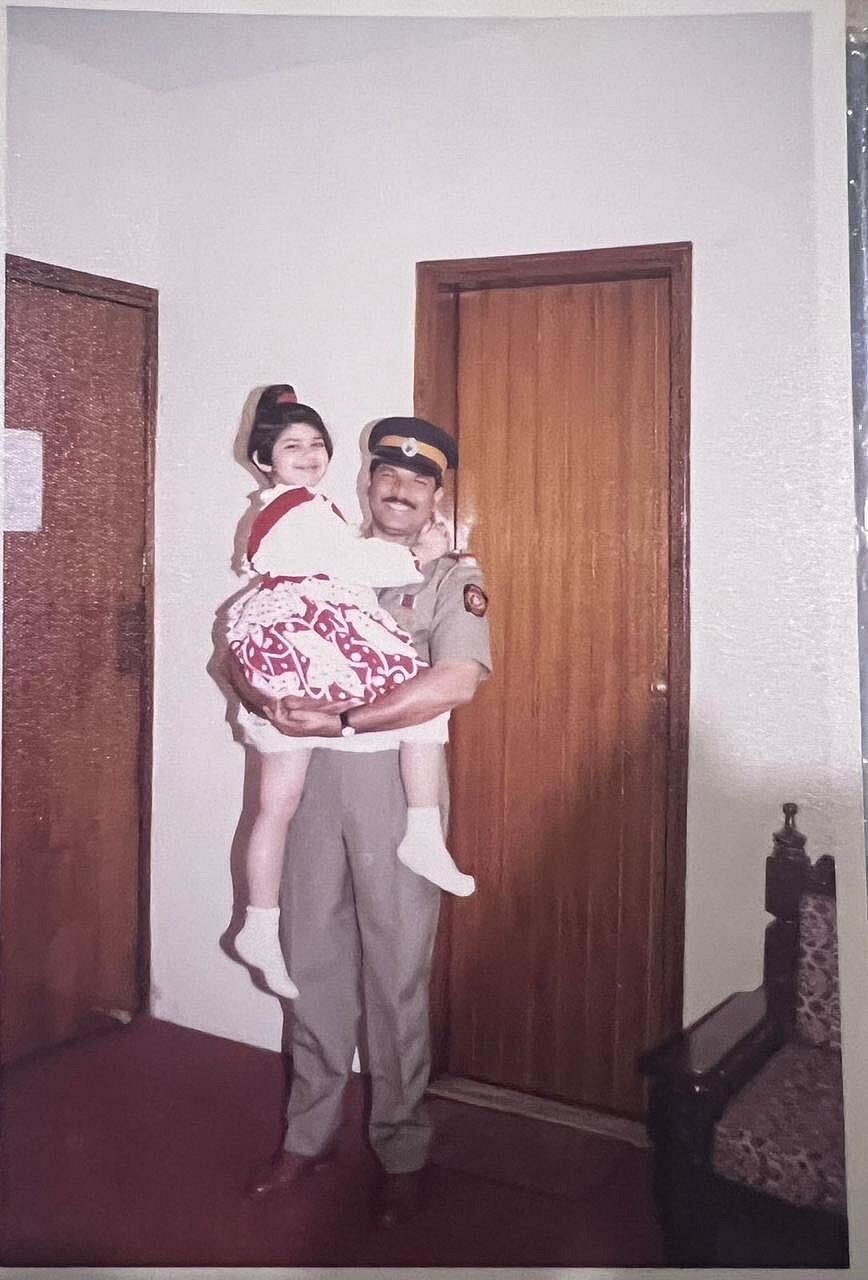
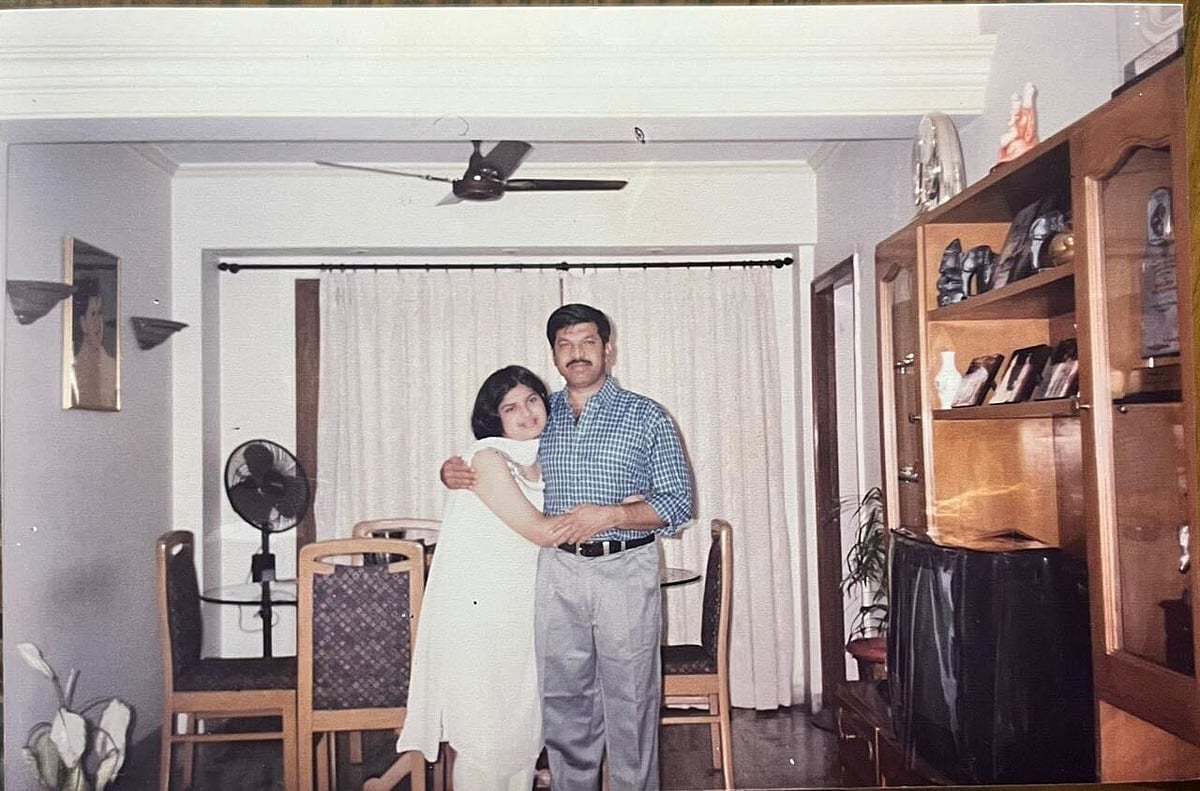
There is a huge difference between gangsters and terrorists. Gangsters want to live, they want money, fame, holidays. Terrorists come to die. It’s kill or be killed for them. Maybe that’s why things unfolded the way they did that night.
His work didn’t make me fearless, but it made me outspoken. It taught me to speak up.
Q: After all these years, do you feel any sense of closure?
Divya: Closure has come to me slowly, in steps.
When Kasab was hanged, there was some closure, not complete, but something.
Then came the Ashok Chakra, one of the highest honours of our country. That brought a sense of pride and a bit of closure too.
Recently, the extradition of Tahawwur Rana that brought another layer of closure. When the trial happens here, and more names come to light, that will be another step.
For me, closure will never come in one moment. It’s a long, step-by-step process.
And Mumbai has stood by us throughout. The city doesn’t forget. And it doesn’t let the world forget either.
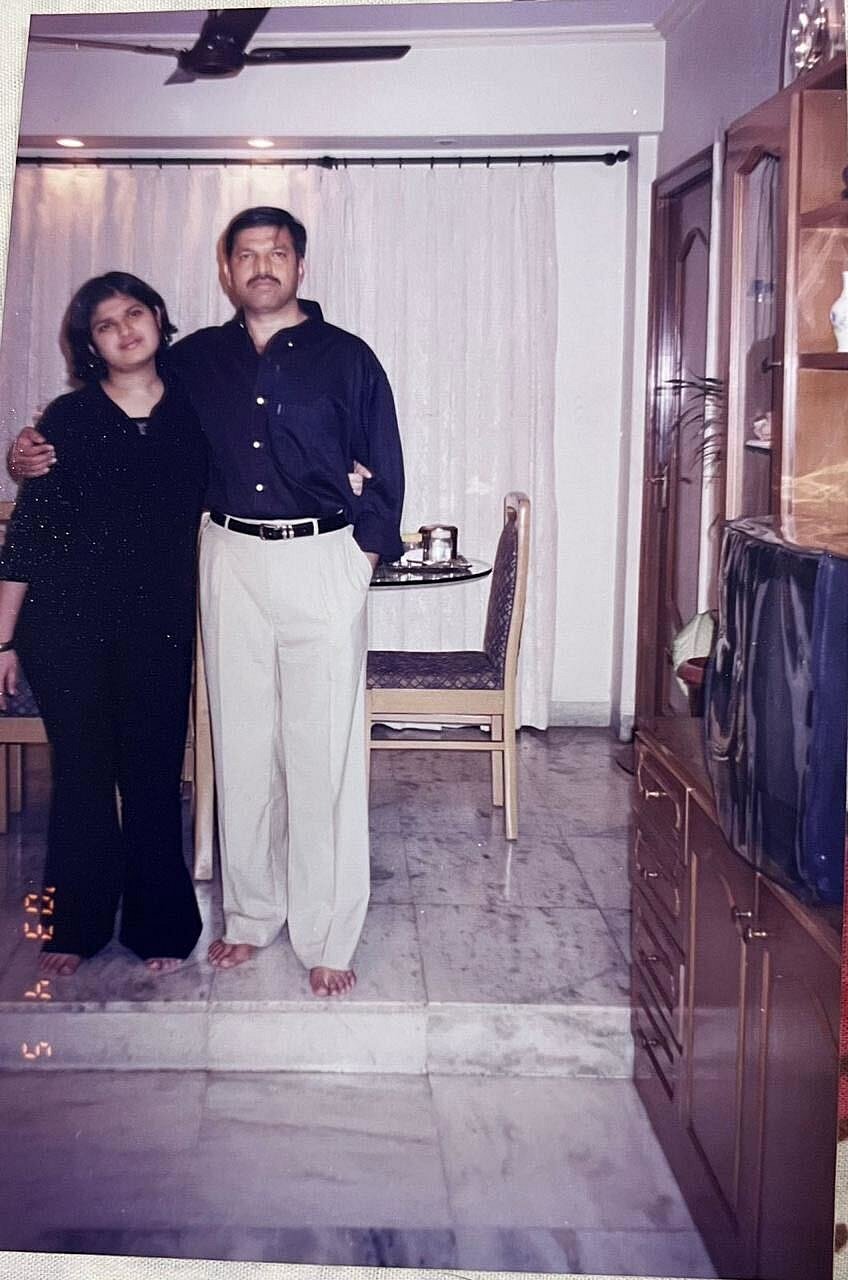
Q: When you think of your father as your dad and not as the city’s hero, what is the memory that comes first?
Divya: I have many memories, but not enough time with him — he was always so busy. When I was in the third or fourth standard, I realised everyone’s father was home on Sundays except mine. I told him it wasn’t fair. And he actually started taking Sundays off after that. Unless it was absolutely necessary, he stayed home with me the whole day.
But my favourite memory is from a trip to Rajasthan. He took me to a temple near the LOC. He said, “Walk with me.” And we walked to this one spot, an oasis in the middle of the desert.
About 20–30 deer were running, peacocks flying, water still like glass… I remember that sight so clearly even today. It was beautiful. That memory never leaves me.
Q: How did 26/11 change your world as a daughter?
Divya: You never stop missing him. You just learn to grow around the pain. It becomes a part of you.
On 26 November, I’m usually okay. But on the 27th, it hits me badly. I become very quiet. I don’t like talking to anyone.
Because on the morning of the 27th, they brought his belongings home. He always kept a diary, he never threw any away. He kept adding pages, so it had become huge, like a manifesto.
On the page for the 26th, he had written a few appointments. On the next page, the 27th was blank.
I can never forget that blank page.

Q: Is there a habit, a gesture, or a small detail about him that you wish more people knew?
Divya: Yes. People know him as this strong, fearless officer. But at home, he was the gentlest man. He never raised his voice at my mother — not even once in 23 years of marriage.
He used to say, “If you want to prove your macho-ness, do it outside. Don’t prove it on your wife. Your family is not for that.”
For a man under that much pressure, that much responsibility, to be so gentle… I think that’s a quality people should know about.
To get details on exclusive and budget-friendly property deals in Mumbai & surrounding regions, do visit: https://budgetproperties.in/
